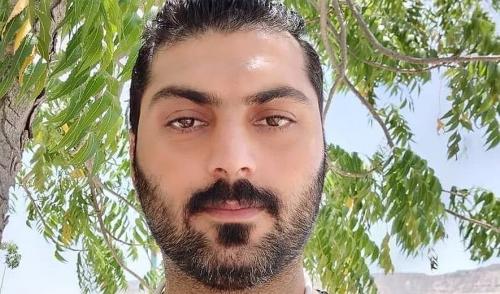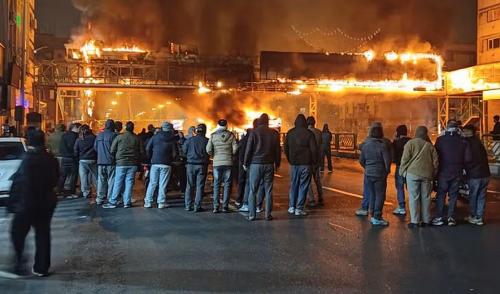16 March 2017 :
“WHY RWANDA HAS ABOLISHED THE DEATH PENALITY”
The abolition of the death penalty in Rwanda has unique reasons specific to Rwanda as well as universal grounds.
Rwanda’s recent history up to 1994 – the year in which over one million lives were lost through state-executed genocide, has been characterized by sectarian and violent politics in which death became, in effect, an instrument in the ‘management’ of national affairs. The postcolonial state and those who ran it could take lives, as they routinely eliminated political opponents, business operators, intellectuals, and often sections of the Rwandan community. This is how the culture of impunity became entrenched in our country. In this environment, securing peace, stability and justice for the public good was immaterial to the state, its leaders, institutions and personnel. Instead this collective ultimately deemed itself in greater need for self-preservation than protecting the Rwandan population. The state in Rwanda had practically abandoned the classic roles of engendering principles and values that celebrate life as well as spearheading socioeconomic, cultural and political development that sustains life – and instead became a killing machine based on self-interest.
Perpetual crises such as those in Rwanda before 1994, as we all know, can either lead to further catastrophe or create conditions to end it. As often occurs at critical historical moments world-over, the latter happened in our case – when Rwandans defeated the genocidal leadership, its state, and the culture of impunity.
Such is the unique Rwandan context for abolishing capital punishment. The agenda for the new Rwanda since 1994 has been to build a reconciled, united, democratic and prosperous nation-state wherein national leadership relentlessly mobilises and deploys talents and skills to improve lives, not destroy them. Death as a tool of control and the role of this practice in perpetuating the culture of impunity no longer has a place in Rwanda – it is contrary to our vision of stability, peace, prosperity and democratic governance.
It certainly has not been easy to achieve national consensus on the death penalty, precisely because our history has been a divided one. In the 1994 genocide for example, thousands upon thousands of Rwandans lost their loved ones, while others have had their relatives in prisons awaiting the death penalty for genocide-related crimes.
These were some of the extreme positions and the environment in which the debate on the abolition of the death penalty took place in our country. However, Rwandans embarked on a deliberate course of national consensus building starting in the late 1990s, when our country came out of emergency circumstances, that took us through the adoption of the 2003 Rwandan Constitution and subsequent national dialogue, up to the abolishment of the death penalty. We were determined to relegate to the past the Rwanda of insecurity, of millions of refugees, and poverty and violence. From internal political party discussions, parliamentary and senate debates, exchanges in institutions of higher learning, and from village to village, we undertook dialogue that led to where we are now – rejection of the death penalty.
Universally then, we have joined countries and peoples on our continent and world-wide that see no value in capital punishment. We encourage many more countries in Africa and in the world to end the practice.
I should note that in this context, there are a number of countries that had previously objected to handing over Rwandans accused of genocide crimes on the basis that they would be put to death. If these countries now reverse their stance on this question, and send back the concerned individuals for trial in Rwanda, we would welcome the decision as this would undoubtedly enhance the rendering of justice in our country.
Let me conclude by thanking the humanitarian organisation “Hands off Cain” for honouring me with the request to write this Preface to their Annual Report, and for naming me the Abolitionist of the Year for 2007. I accept both honours with humility on behalf of the people of Rwanda who are participating, every day, in building a united and prosperous country.
Paul KAGAME
President of the Republic of Rwanda








